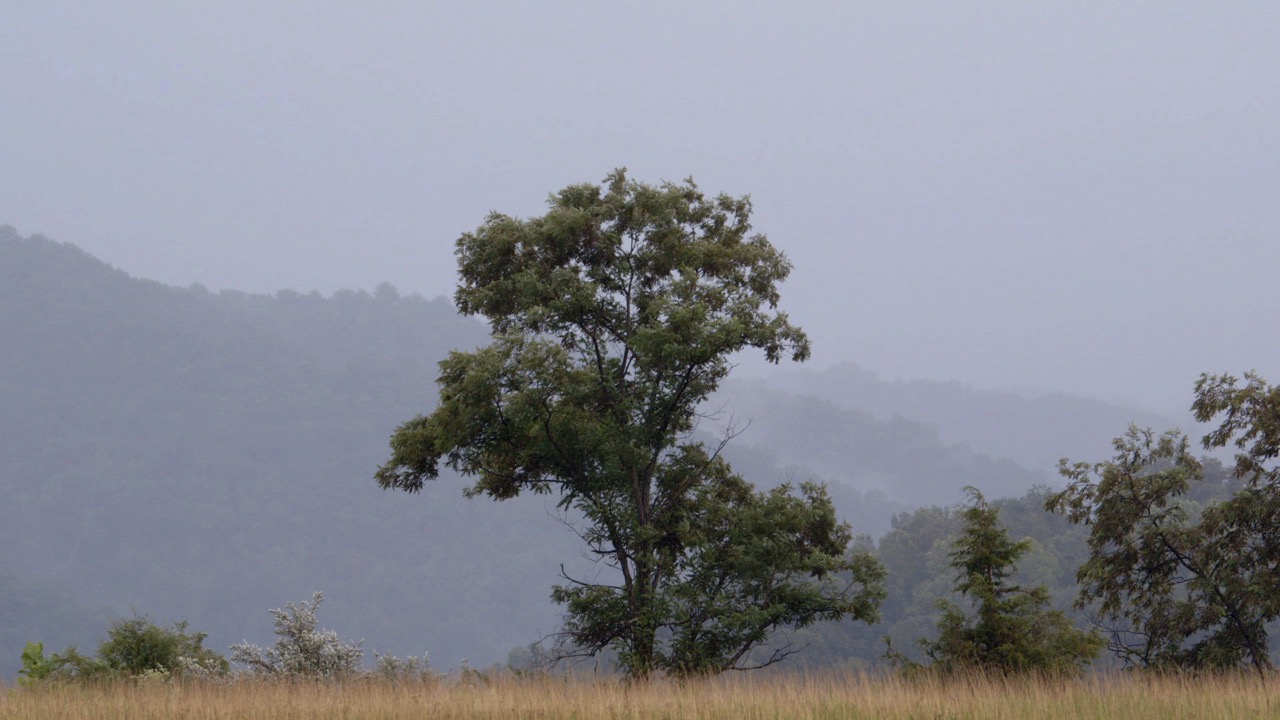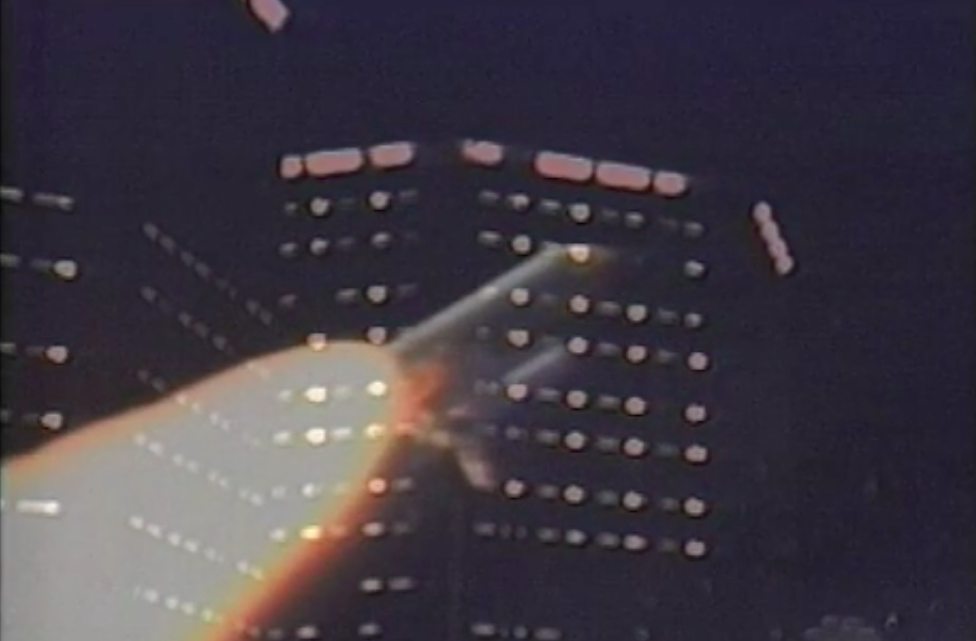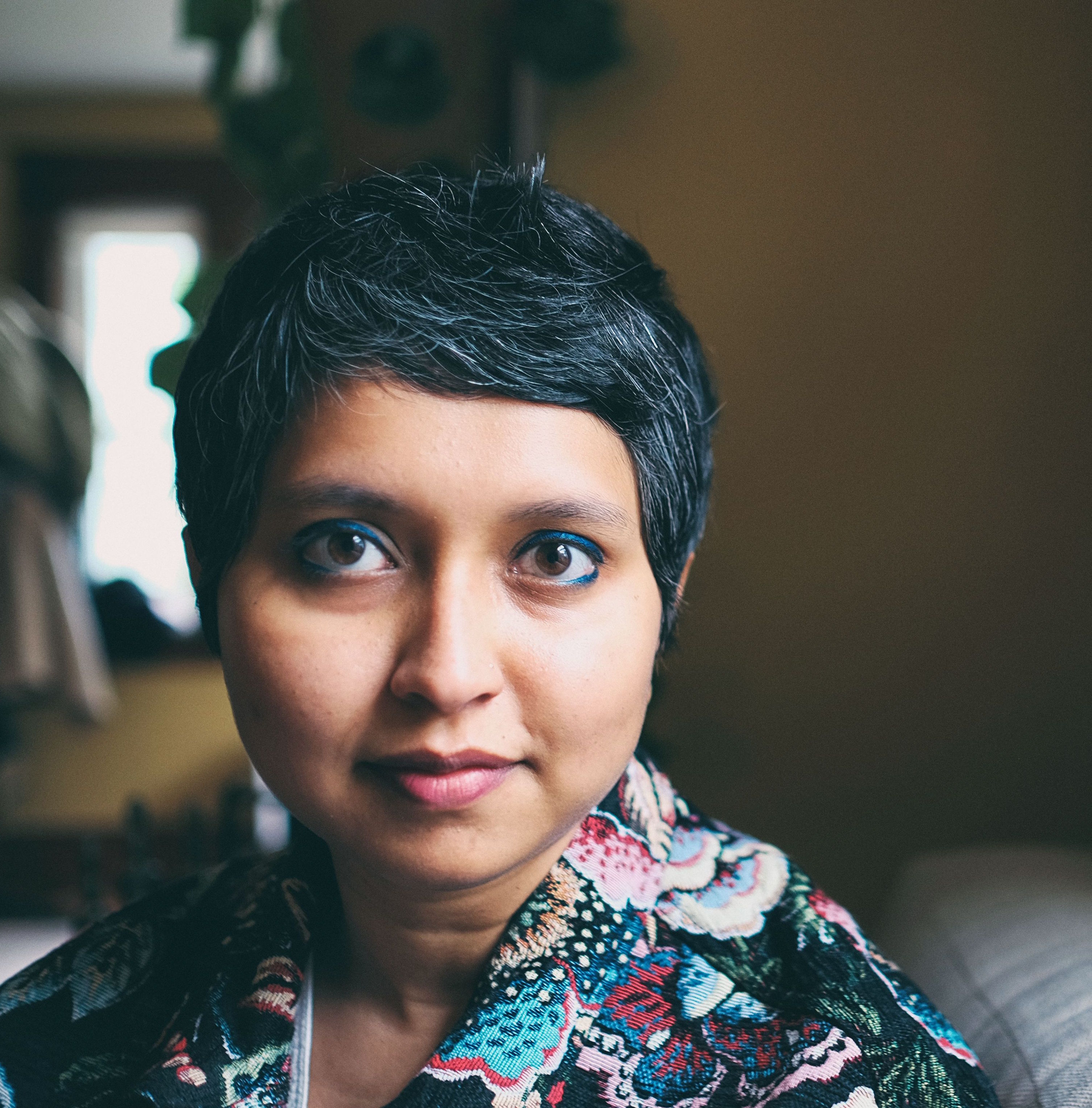Sep 10, 2017 at 7:30 pm
Immediations: The Humanitarian Impulse in Documentary
To be followed by discussion with Pooja Rangan, Brett Story, and Paige Sarlin
In her new book Immediations: The Humanitarian Impulse in Documentary, author Pooja Rangan examines the tendency for documentaries to render human suffering urgent and immediate at all costs. She considers this humanitarian orientation in films seeking to “give a voice to the voiceless,” an established method of validating the humanity of marginalized subjects, including children, refugees, autistic persons, and animals. At its core, the book asks: How does the pursuit of humanity become a trap that entangles both the advocates and beneficiaries of participatory documentary? What would it mean to realize the radical potential of giving the camera to the other? Would this also mean letting go of what we think the “human” is?
Filmmaker Brett Story, director of The Prison in Twelve Landscapes, joins Rangan, with moderator Paige Sarlin (scholar and director of The Last Slide Projector) to discuss these questions. Rangan will open the conversation by setting up some of the ideas from her book. Story will then consider these issues from the perspective of a filmmaker and prison activist, applying them specifically to the realm of the prison documentary. The event will conclude with a screening and discussion of a few films, including Space Ghost (dir. Laurie Jo Reynolds, 2007, 26 mins), and excerpts from The House I Live In (dir. Eugene Jarecki, 2012) and The Prison in Twelve Landscapes (dir. Brett Story, 2016). We are proud to present a night of thoughtful discussion on documentary and it’s relation to the other. Here is a link to the Introduction of Immediations: the Humanitarian Impulse in Documentary, and the trailer to The Prison in Twelve Landscapes can be seen here.
“Documentary’s apparent generosity toward its most hapless subjects is an ambivalent gift. With elegance and precision, Pooja Rangan demonstrates that participatory documentary more often than not obliterates the others it means to help by forcing them into humanist molds of selfhood. Instead, she asks, what if documentary were to yield to the beings of the world in their unassimilable singularity? The answers she finds will stimulate both documentary makers and scholars.” — Laura U. Marks, author of Hanan al-Cinema: Affections for the Moving Image.
Books can be purchased in advance with your ticket or in person at the event after the program.
Program
Immediations: The Humanitarian Impulse in Documentary
Multimedia Lecture, 40 min., 2017.
Pooja Rangan presents Immediations: The Humanitarian Impulse in Documentary. Followed by a response from Brett Story.
Space Ghost (dir. Laurie Jo Reynolds)
26 min., 2007
Space Ghost compares the experiences of astronauts and prisoners, using popular depictions of space travel to illustrate the physical and existential aspects of incarceration: sensory deprivation, the perception of time as chaotic and indistinguishable, the displacement of losing face-to-face contact, and the sense of existing in a different but parallel universe with family and loved-ones.
The Prison in Twelve Landscapes (dir. Brett Story)
Excerpts, 2016
More people are imprisoned in the United States at this moment than in any other time or place in history, yet the prison itself has never felt further away or more out of sight. The Prison in Twelve Landscapes is an award-winning film about the prison in which we never see a penitentiary. Instead, the film unfolds as a cinematic journey through a series of landscapes across the USA where prisons do work and affect lives, from a California mountainside where female prisoners fight raging wildfires, to a Bronx warehouse full of goods destined for the state correctional system, to an Appalachian coal town betting its future on the promise of prison jobs.
85 min
Pooja Rangan is an author and film scholar based in Western Massachusetts and New York. She teaches Film and Media Studies at Amherst College, and is the author of Immediations: The Humanitarian Impulse in Documentary (Duke UP 2017). Rangan serves on the board of the Flaherty Film Seminar, and has written for Feminist Media Histories, Film Quarterly, Camera Obscura, World Picture, and differences, among other venues. She is currently at work on a second book, tentatively titled The Skin of the Voice, that deals with the politics of accented speech and listening in documentary.
https://www.dukeupress.edu/immediations
https://www.facebook.com/poojarangan
http://poojarangan.com/
Brett Story is a geographer and non-fiction filmmaker based out of New York and Toronto. Her films have screened at True/False, Oberhausen, Hot Docs, the Viennale, and Dok Leipzig, among other festivals. Her second feature-length film, The Prison in Twelve Landscapes (2016) was awarded the Special Jury Prize at the Hot Docs Canadian International Documentary Festival and was a nominee for Best Canadian Feature Documentary at the Canadian Screen Awards. The film was broadcast on PBS’s Independent Lens in 2017. Brett holds a PhD in geography from the University of Toronto and she is currently completing a book manuscript, to be published by the University of California Press, titled The Prison Out of Place. She was the recipient of the Documentary Organization of Canada Institute’s 2014 New Visions Award, and the 2016 Governor General’s Gold Medal from the University of Toronto for academic excellence. Brett holds a postdoctoral fellowship at New York University’s Center for Culture, Media and History, and is a 2016-2017 Sundance Institute Art of Nonfiction Fellow.
Twitter: @brettpstory
www.prisonlandscapes.com
Paige Sarlin is a filmmaker, scholar, and political activist. Her first film, The Last Slide Projector, premiered at the Rotterdam International Film Festival in 2007. Her writing has appeared in October, Re-Thinking Marxism, Afterimage, Reviews in Cultural Theory, and Framework: A Journal of Film and Culture. She is at work on a manuscript entitled Interview-Work: The Genealogy of a Media Form. She is an Assistant Professor in the Department of Media Study at University at Buffalo, SUNY.













